The new normal: Out of touch
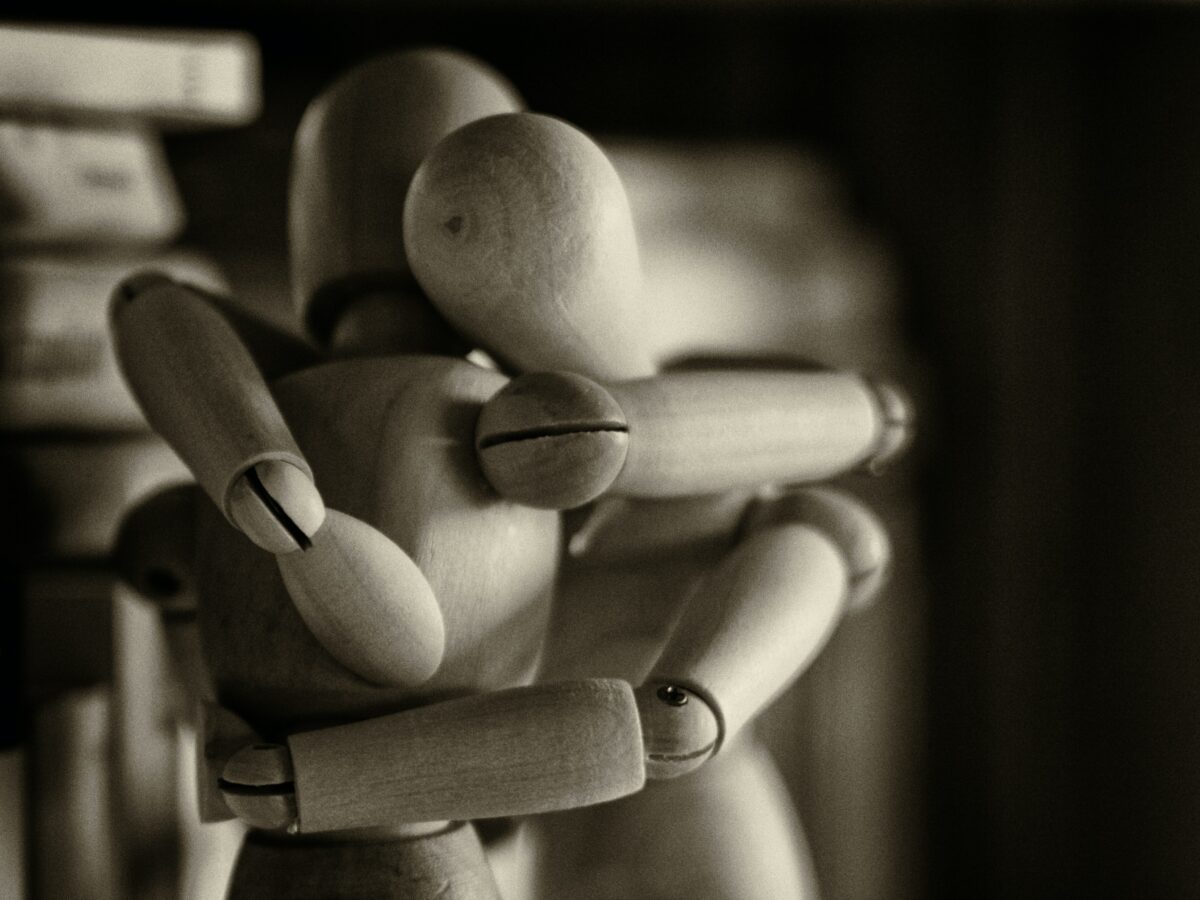
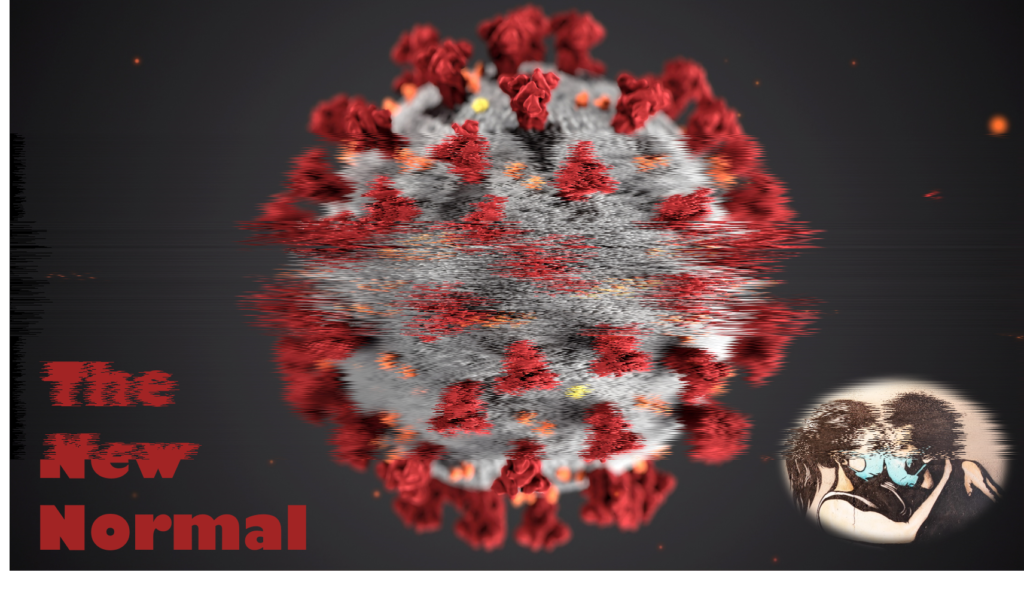
It was the beginning of March. The corona virus was wreaking havoc abroad, but here it seemed to be something only over-zealous HR policymakers were worrying about. Then, on the twelfth, we received the shock announcement that we would have to work from home until the end of the month. Three days later, the schools were closed for three weeks. Everyone I knew was counting down the days until we could get back to normal. Three weeks seemed like a long time.
On the seventh of April, a bombshell hit. During his press conference, the Dutch prime minister used two new phrases, ‘the new normal’ and ‘the 1.5m society’. My jaw dropped as my heart froze – surely it was impossible that this situation could become permanent? I could not believe in ‘the new normal’. Six months on, I’ve been forced to accept that many things I would have found bizarre back then, now indeed seem to have become normal. This series of blog posts will look at various aspects of the ‘new normal’ as I experience it in the Netherlands. This post: the 1.5m society
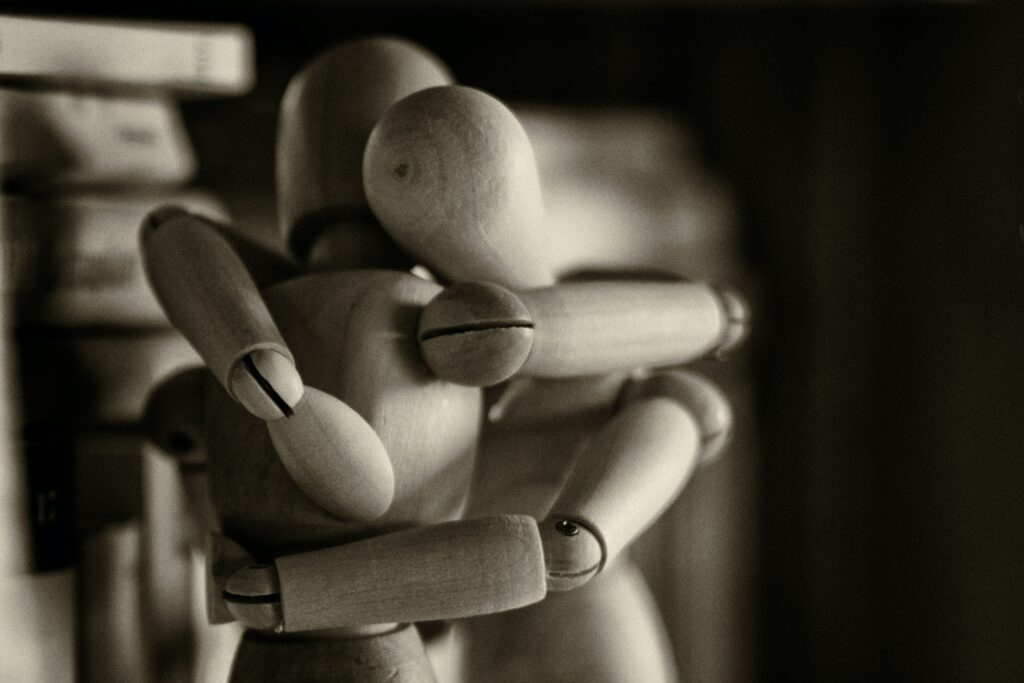
We are now living in the 1.5m society. Or, depending on where you live, the 1m, 1m+, 1.4m, 1.8m or 2m society. In any case, ‘social distancing’ is de rigueur. The WHO now calls it ‘physical distancing’, as psychologists have warned that it is essential for our psychological wellbeing that we maintain our social relationships, even at a distance. Relationships can successfully bridge the miles, as I well know, coming from an international family. In that regard, we are lucky to live in an age in which we can make video calls around the world at the drop of a hat, compared to my father who had to ring the operator and then wait for an available slot in order to speak to his fiancée in Finland. Nevertheless, physical distancing inevitably takes its toll on our sense of connection.
I have never been a touchy-feely person. On one of my first visits to the Netherlands, my boyfriend’s family held a big party, and I was absolutely horrified at being required to kiss the cheeks of a seemingly endless parade of people I had never met before. Yet when, during a recent zoom family meeting, we compared our tallies of physical contact since March, it left me with a very hollow, lonely feeling inside. My partner and I were the winners, having two children to cuddle daily. Second came my father and his wife, who are permitted hugs from her son when he visits, as he is in their ‘support bubble’. Coming in last, my sister and brother-in-law only have each other – and they are still among the lucky ones, as countless more people are living completely isolated from physical contact.
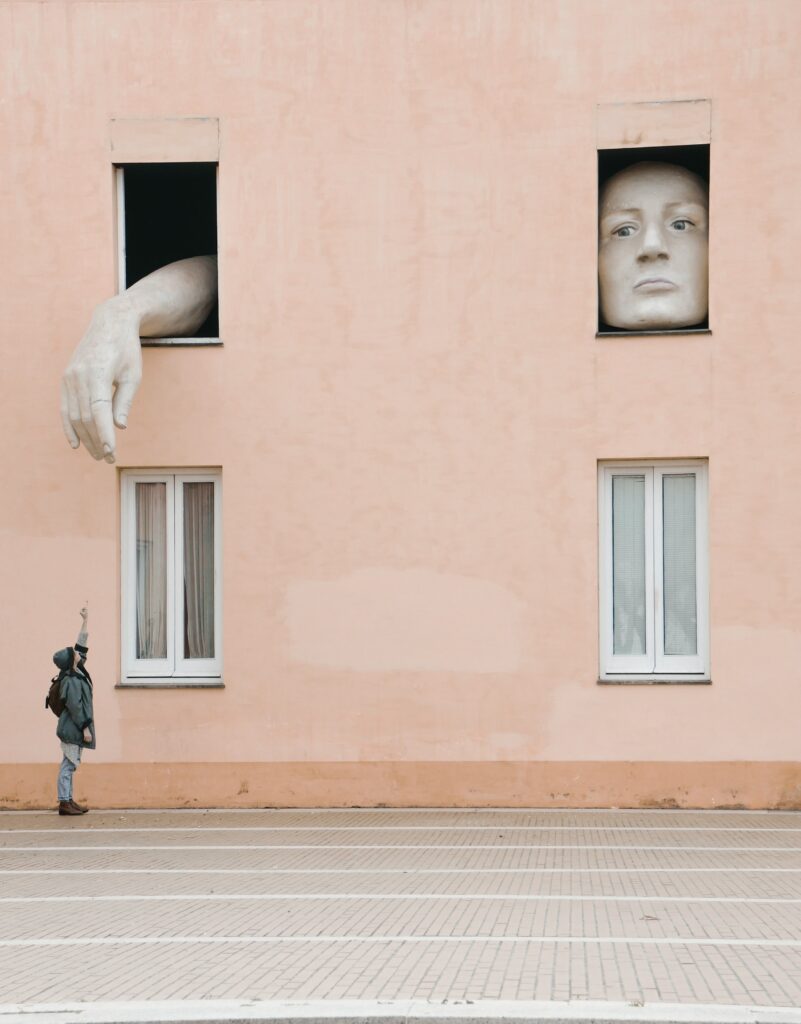
Growing up, kisses and hugs, backslaps and elbow nudges were something I took for granted. The first time I ever experienced scarcity was when I moved away to study. At first, I was far too busy making new friends, struggling with fiendish mathematical equations and learning to cook to notice the lack. Then, I realized how important my martial arts training sessions had become to me. Not just because I loved learning self-defence and being part of a friendly crowd – but because they involved close physical contact. Something I had never even realised that I needed, until then. You don’t miss the air you breathe until it starts running low.
Experiments with monkeys back in the Sixties revealed how essential physical contact is for development, and when our daughters were born, great emphasis was placed on ‘kangarooing’ – regular skin contact between baby and parents. Even a friend whose son was born prematurely and needed intensive care spent some time each day with her fragile infant gently cradled on her stomach. Small children need a constant supply of hugs, and it was a rare occasion when I took my four-year-old to school if there wasn’t a kindergartener on the teacher’s lap.
Growing up, we keep our distance more, yet physical touch still means a lot to us. A handshake may seem trivial, but at its most basic level it shows that we are not so frightening or disgusting that others refuse to touch us. More significantly, the acknowledgement and respect a handshake implies mean we place great importance on who shakes hands with whom – which can sometimes lead to embarrassing social gaffes. Closer contact such as a clap on the shoulder makes us feel accepted and part of the group, while hugs and kisses demonstrate special affection. Alongside the social and psychological effects, physical contact also affects us physically. The human touch triggers hormones and neurotransmitters that are important for bonding and trust, and improve our immune system. They also reduce pain and anxiety, and a disruption in their levels is associated with mental illness. We need to feel each other’s touch.
Physical distancing does more than just eliminate physical contact, it also pushes us away from each other. During a course I once attended, we did an exercise on personal space, in pairs. One person stood still, while the other came as close as they felt was comfortable. The other person could then step closer or further away, depending on their own comfort zone, teaching us to be aware of the differences. I found it unpleasant when my partner in the exercise came too close – but it was even worse if I was first and my partner stepped back. Someone increasing their distance from us feels like rejection. What is wrong, is my breath bad? Do I smell of sweat? Don’t they like me?
Now a minimum physical distance is enforced that is large enough to be outside most definitions of personal space. A conversation over 1.5m distance feels unnatural, stilted. Rationally, we understand that others keep their distance because of the rules, yet still, when someone veers away to the other side of the path or edges their chair further from yours, it feels like a rebuff. When circumstances force us closer, we often turn our heads away or keep our mouths tightly shut, to avoid exchange of those all-important droplets, and the sense of alienation is even worse.
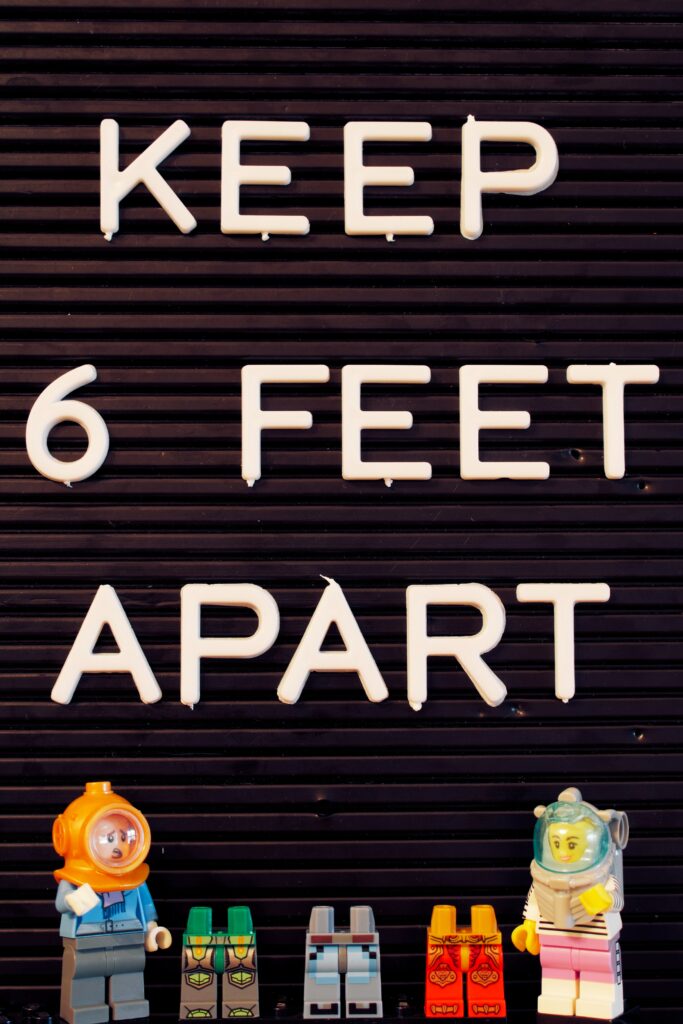
The worst of it is that this all comes at a moment when we are frightened and under stress. Our daughters come to us for cuddles far more frequently since the corona crisis started. If there was ever a time when we needed to feel the security of being part of the group, when we craved the social, psychological and physiological comfort of a sympathetic touch of the hand, a gentle squeeze of the shoulder, or a warm hug, it is now. That makes it bitterly ironic that it is the very thing we must deny each other.
Of all the different aspects of ‘the new normal’, the prospect that social distancing could indeed become permanent is the one that most fills me with dread. It is unbearable to imagine a future in which I can’t simply lean over my colleague’s shoulder while he explains something to me on his laptop, in which our family would have to experience our wedding day via a computer screen from their own homes, in which my daughters can’t hang on to their fellow students’ shoulders laughing as they bawl out a tuneless song during freshers’ week. In which every interaction from pouring someone a cup of tea to listening to them pour their heart out must be carefully monitored to ensure we don’t get too close. Never being able to forget yourself in the simple pleasure of being together. For me, it is unthinkable, and I can only hope with all my heart that social distancing will some day soon belong to the category of ‘hey, do you remember that awful time when…?’
Days will pass, your words to me,
Evacuee
It seems so long; eternity,
But I must wait until it’s over.
Enya

